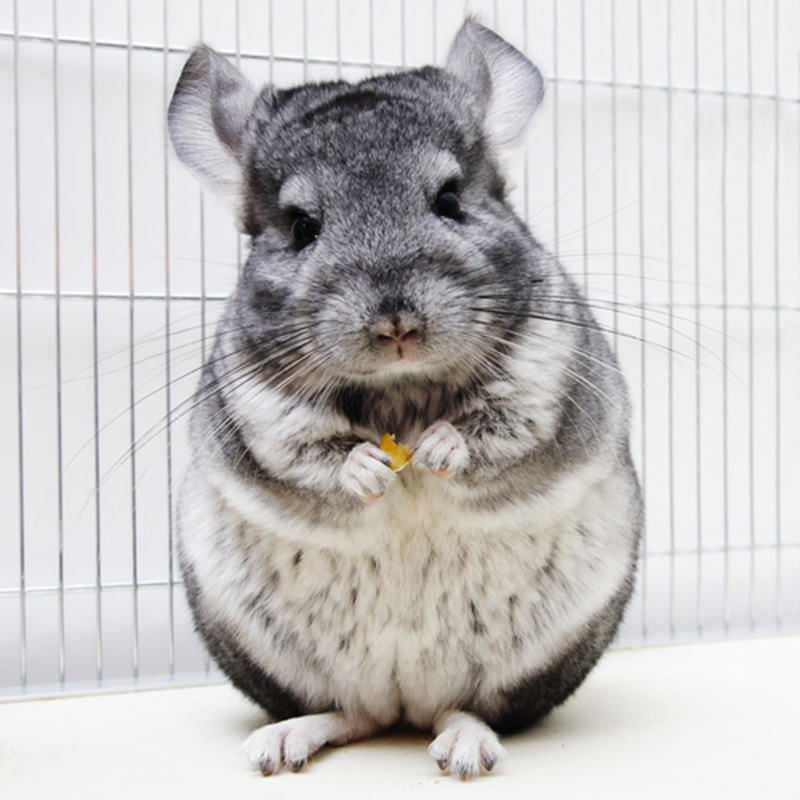Apart from cats and dogs, what pets can I bring to New Zealand?
When you decide to move to New Zealand and set up a new life, you will probably pack up all your worldly belongings in a container and ship them down to the South Pacific. However, what (or who) won’t be included in the container are your pets.
Often considered a member of the family, pets are there to welcome you home after a long day at work and provide comfort through the tough times. As such, it is important to know all the key details when moving with pets to New Zealand.
In this article, we’ll take a look at the regulations around pets other than cats and dogs and offer insight into what is required to pass New Zealand’s strict customs rules.
Not all pets are made equal
One of the most important pieces of information that you need to know is that not every pet can actually enter New Zealand. Apart from certain breeds of cats and dogs, there are four animals that you can bring to the country. These are rabbits from Australia, chinchillas from Great Britain, guinea pigs from Australia and fish for ornamental purposes such as aquariums.
 Chinchillas from the UK are welcome in New Zealand.
Chinchillas from the UK are welcome in New Zealand.The main reason for this stance is that New Zealand prides itself on biodiversity and any animals from overseas can present a hazard to the country’s flora and fauna. Fortunately, rabbits, chinchillas, guinea pigs and fish from certain countries can join you on your new adventure. So, what is the process for getting your pet from A to B?
Getting your paperwork in order
As mentioned above, there are a number of regulations that you and your pet will need to pass to be eligible to move to New Zealand. According to the Ministry of Primary Industries (MPI), chinchillas must have been born and bred in captivity and feature a tattoo or permanent tag for registration. If you plan to move to Southland, the animal may be placed under restriction for biosecurity reasons.
For rabbits and guinea pigs from Australia, there are similar policies. The animal must be born and bred in captivity and have a microchip for easy identification.
The animal must be born and bred in captivity and have a microchip for easy identification.
Once the animals are deemed eligible for entry to New Zealand, there are a number of health-related regulations to pass. This includes having original veterinary certificates and supporting documents signed and stamped as well as complying with the relevant import health standard (IHS).
Although it is a rigorous process, it is designed to protect New Zealand. As such, you will need to ensure that every step of the process is completed accurately.
The value of a pet exporter
Getting your loved pet to New Zealand isn’t always the easiest process and this is where it is handy to work with a pet exporter. MPI recommends that you work with a professional pet exporter to arrange everything from flights and permits to shipping crates and treatments. They are trained to look after your pet at every step of the journey and make sure they arrive happy and ready to explore New Zealand with you.
At MoveList, we want your transition to New Zealand to be simple. This is why we can put you in touch with up to three pet transportation specialists. From this position, you will be able to collect initial quotes and understand their specific advantages compared to the competition. We have worked with these specialists for years and trust them to move your pet from A to B.
To learn more about how to get pets that aren’t cats or dogs to New Zealand, feel free to reach out to the expert team at MoveList today. We look forward to hearing from you!
Related Stories

